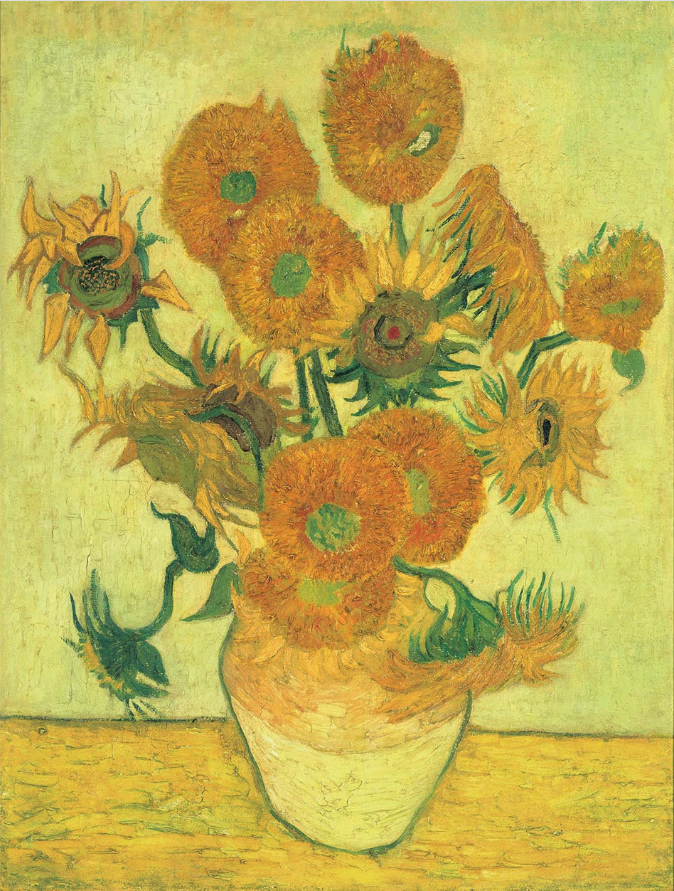
A federal judge in Illinois has dismissed a case brought by the heirs of a German Jewish collector against a Japanese firm over the rightful ownership of a multimillion-dollar Vincent van Gogh canvas that, the plaintiffs said, was sold under duress due to Nazi persecution. Judge Jeremy C. Daniel said in a June 3 decision that the court has no jurisdiction over the Japanese company that owns the work, which the plaintiffs value at $250 million.
Berlin-based banker Paul von Mendelssohn-Bartholdy bought Van Gogh’s Sunflowers (1888) in 1891, the year after the Dutch artist’s death. In 1934, he hastily sold it off, along with the rest of his art collection, in an effort to protect his other assets from the Nazis. Von Mendelssohn-Bartholdy sold the work to Paris art dealer Paul Rosenberg, who later sold it to a British-American collector Lady Edith Dunn Stone Chester Beatty, according to the judge.
The piece was later purchased by the Yasuda Fire and Marine Insurance Company in 1987 at Christie’s London for a then-record price of £25 million (roughly $40 million at the time, equivalent to about $110.4 million today), after it had changed hands several times. In 2002, Sompo Holdings acquired Yasuda, and thus owns Van Gogh’s canvas, which hangs at the Sompo Museum in Tokyo. A special page on its website is devoted to the work.
The entrance to the Sompo Museum of Art in Tokyo. Courtesy of the Sompo Museum of Art.
Three of Mendelssohn-Bartholdy’s descendants—Julius H. Schoeps, Britt-Marie Enhoerning, and Florence Von Kesselstatt—argued in their complaint, filed in 2022 in Illinois, that even if Yasuda acquired the painting legally, the company ignored the historical context of Von Mendelssohn-Bartholdy’s sale. Because there is no surviving information about the sale, it is impossible to know whether Von Mendelssohn-Bartholdy sold the work to Rosenberg at a depressed price due to Nazi persecution.
The heirs did not immediately reply to a request for comment, directed to their counsel.
The plaintiffs brought the suit in Illinois because the Art Institute of Chicago had invited the previous owner, the Yasuda Corporation, to exhibit the work there. It went on view in the 2001–02 exhibition, “Van Gogh and Gauguin: The Studio of the South,” which then traveled to the Van Gogh Museum in Amsterdam.
Yasuda had revealed reservations about sending the work to the U.S. “We are deeply concerned about our [Van] Gogh and Gauguin provenance,” an administrator from the Japanese company’s museum wrote in a message to the Art Institute of Chicago at the time. “We think our two works have nothing to do with Nazi-looted art, but we are not 100 percent sure.”
Van Gogh’s most expensive painting at auction is Verger avec cyprès (1888), which fetched $117 million at Christie’s New York in 2022. Sompo’s Sunflowers ranks among his 20 most expensive works at auction.